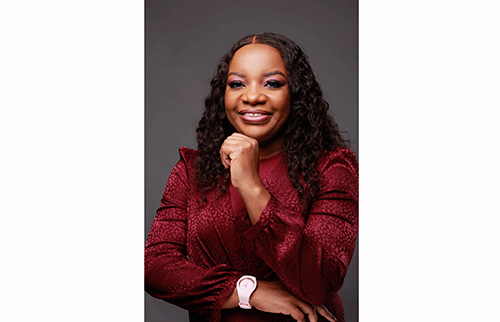Alisa Amupolo
A seminar on media in the context of development with exchange students visiting from the USA not so long ago revealed that so many of the products we choose to consume today and the loyalty we hold for them may have largely been influenced by media, which is a hub of advertisement.
Media indeed play a critical role in society as a source of information, and can be a powerful tool to position messaging and brands that may translate into business growth, which may feed further into the economy. Thus, media serves as a conduit for both social and economic change beyond its traditional role of being a ‘watchdog’.
Media can be an influential player in delivering content and position messaging to end-user markets. It has an economic influence, and is an avenue through which culture is transported and consumed. Media promotes cultural experiences and exchanges, whilst facilitating knowledge of events and people of other countries. This presents opportunities for any business to penetrate the market. Walk into the streets of Windhoek, and you are likely to find a young chap with a hip-hop style wearing a Chicago Bulls cap, basketball shirt and a golden or silver chain on the neck. This consumer may never have travelled beyond the borders of Namibia, and the majority of the consumers may not necessarily love basketball.
Most of these trends would have travelled through media content such as a TV programme or cinema before someone was inspired into adopting the trend as their lifestyle. In contemporary times, social media has blurred borders, making the transportation of culture seamless, also spurring an infoholic era.
The media environment is highly dependent on economic, regulatory and technological aspects. This makes globalisation easier to facilitate on both frontier and periphery markets. We have seen African products penetrating the globe, and being flaunted by celebrities on magazine covers. This is particularly true for textiles and garments such as Namibia’s own Odhelela, Nigeria’s Ankara, Ghana’s Kente and South Africa’s Shew Shew gracing the runways of most known Fashion Weeks around the world.
There are indeed ample opportunities to leverage on a multitude of information and sources across various media platforms consumed by end-user markets to capture value in a competitive market.
One can confidently say the opportunity for products in emerging markets like Namibia are reaching the frontier markets, and we can gradually expect an equilibrium in the global market place.
However, it’s not without challenges as when it comes to the media business itself, the cost of news in a digital era particularly has put the sustainability of mainstream media houses in question due to revenue losses and a lack of the monetisation of digital content.
The digital disruption, which birthed over the top (OTT) and a convergence of the whole sector into what today is known as Information, Communication and Technology, has resulted in digital-savvy consumers bypassing traditional media and opting to consume content on digital platforms.
As consumers shift to digital platforms to access information at their fingertips, our local media are responding by going digital, with the growth of commercial and community radio stations primarily venturing into hybrid platforms by broadcasting digitally and simultaneously through the airwaves.
The Namibian media landscape is making the requisite investments to remain relevant in the digital era to avert the threat of digitalisation. We have seen the evolution of NBC, plus competition with Multichoice and Netflix. We are also seeing an increase in media outlets and in the corporate world, a growth of social media professionals, which companies are hiring to position their value propositions to the digital consumer segment.
Therefore, as each company innovates, it is worthwhile to invest in a marketing and communications plan that considers the digitalisation of the media industry so as to leverage on this fast-evolving industry to create, capture, grow and retain value.
*The opinions expressed in the article are that of the author alone, and are in no way linked to any affiliates.



